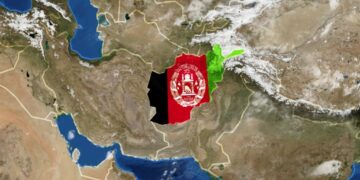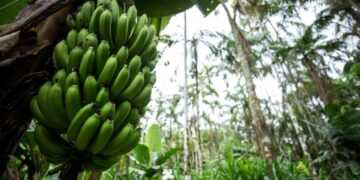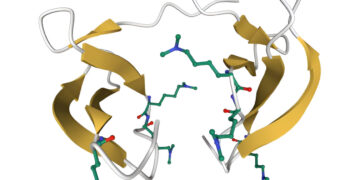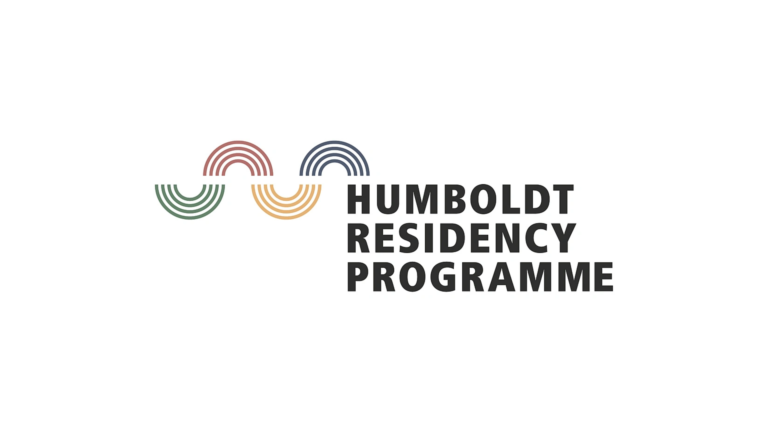Bridging Power and Knowledge: Addressing Global Imbalances in Knowledge Systems for Sustainable
Futures
Amplifying voices from the Global South and bridging knowledge systems for a sustainable future.
About the Special Issue
SustainE in collaboration with participants of the Alexander von Humboldt foundation´s 2024 Humboldt Residency Programme are inviting submissions for a special issue on Bridging Power and Knowledge: Addressing Global Imbalances in Knowledge Systems for Sustainable Futures. The project is the result of a collaboration between participants of the Alexander von Humboldt Foundation`s 2024 Humboldt Residency Programme and SustainE.
We encourage submissions from scholars, civil society organizations, and local collectives, that prioritize community-based participatory research and other collaborative models of knowledge production. Submissions that address sustainability in the context of environmental stewardship, economic resilience, and social equity are particularly welcome, with a special focus on contributions from LMICs in the Global South.
Theme and Scope
This special issue will explore:
Bridging Knowledge Worlds: The integration of traditional, local, and indigenous knowledge systems with academic/scientific research in sustainability.
Case Studies: Case studies demonstrating how traditional and indigenous knowledge can contribute to climate action and global sustainability, highlight the importance and relevance of local solutions for the global scale.
Equitable Partnerships: Cross-cultural and cross-sectoral collaborations that address power imbalances in global knowledge systems, fostering inclusive and equitable approaches to environmental, social, and economic sustainability.
Call for Submissions
We welcome submissions in a variety of formats, including research articles, commentaries, multimedia, and case studies. All submissions must focus on sustainability, climate action, and the integration of traditional and modern knowledge systems, with an emphasis on the Global South.
- Research Articles.
- Commentaries and Perspectives.
- Audio and Video Documentaries.
- Photo Essays and Virtual Exhibitions.
- Data Visualizations.
- Tools and Case Studies.
Content:
- Original research or in-depth case studies that align with the theme of “Bridging Power and Knowledge”.
- Articles should focus on the integration of traditional and indigenous knowledge with formalized academic sustainability science, demonstrating how these diverse forms of knowledge can complement and enhance sustainable practices. However, alternative formats that reflect diverse forms of knowledge and communication are welcome, as long as they contribute meaningfully to the theme and objectives of the special issue
Criteria:
- Submissions should be well-structured with clear objectives, methodology, results, and discussion sections.
- Community engagement and participatory research methods must be highlighted.
Content:
- Reflective and critical essays discussing the challenges, opportunities, and experiences of cross-cultural scientific collaboration, that align with the issue´s theme.
- Can include opinion pieces on how to reform global knowledge systems to be more inclusive.
Criteria:
- The submission should offer thought-provoking analysis relevant to bridging knowledge systems.
- Encouraged to include examples from personal or institutional experience, especially in Global North-South collaborations.
Content:
- Audiovisual pieces showcasing research processes or outcomes, with a particular focus on community engagement in sustainability efforts.
- Documentaries should tell a compelling story of knowledge generation and integration between traditional and scientific methods.
Criteria:
- Videos should be submitted in standard formats (MP4 or MOV) with a resolution of at least 1080p.
- Clear narrative and production quality, with audio and visuals well synchronized.
- Must provide consent from individuals or communities involved in the documentary, where necessary.
Content:
- Visual storytelling formats that capture fieldwork, community interactions, or sustainability projects.
- Photos must narrate a story or research process that aligns with the issue’s theme.
Criteria:
- Must be submitted as high-resolution images (JPEG or PNG) with captions for each image.
- Must provide consent from individuals or communities involved in the documentary, where necessary.
- Photos should convey a clear narrative, documenting key stages of the research or collaboration.
Content:
- Visual representations of complex data related to sustainability such as maps, charts, and infographics.
Criteria:
- Interactive visualizations must be submitted in formats supported by common web standards (e.g., HTML5, JavaScript).
- Static visualizations should be high-resolution images (PNG, JPEG, or PDF) with clear labels and legends.
Eligibility Criteria:
- Global Representation: Submissions are encouraged from researchers, civil society organizations, local collectives, and NGOs worldwide, particularly from LMICs in the Global South.
- Collaborative Authorship: Each submission must include at least one co-author from the local community involved in the research or case study to ensure proper representation and acknowledgment of their contributions.
- Focus on Sustainability: Submissions must directly address issues related to sustainability, climate action, environmental justice, or knowledge equity, with a clear focus on bridging Global North-South knowledge systems.
- Original Work: Submissions must represent original, completed work, or research projects. Proposals for future projects will not be considered.
- Multimedia Formats: A brief descriptive text (500-1000 words) must accompany non-text submissions (video, photo essays, visualizations) explaining the context, research, and the role of local knowledge systems.
Review Criteria:
- Alignment with the theme of the special issue.
- Contribution to bridging Global North-South knowledge systems.
- Originality, rigor, and clarity of research or storytelling.
- Evidence of community or local engagement in the research process.
- Use of innovative or inclusive research methods, formats, or communication tools.
Deadline:
- The submission deadline is March 8, 2025
Best Entry Prize:
Submission Process
Step 1: Choose your format and prepare your submission according to the guidelines.
Step 2: Submit your work through the SustainE Submission Platform
Step 3: You will receive a confirmation email once your submission is received.
Step 4: Submissions will undergo an initial screening, followed by a peer-review process.
Step 5: Final selections will be published in July 2025 and shortlisted submissions will be contacted via email.
Timeline
Call for Submissions Opens: November 10, 2024
Submission Deadline: March 8, 2025
Shortlist Announced: June 2, 2025
Publication Date: August 25, 2025
Meet the Editors
Our Guest Editors are participants of the 2024 Humboldt Residency Programme

Environmental Sustainability Expert, Leading Change in Education & Community Resilience

Veteran Science Journalist, Championing Global Science & Higher Education Dialogue
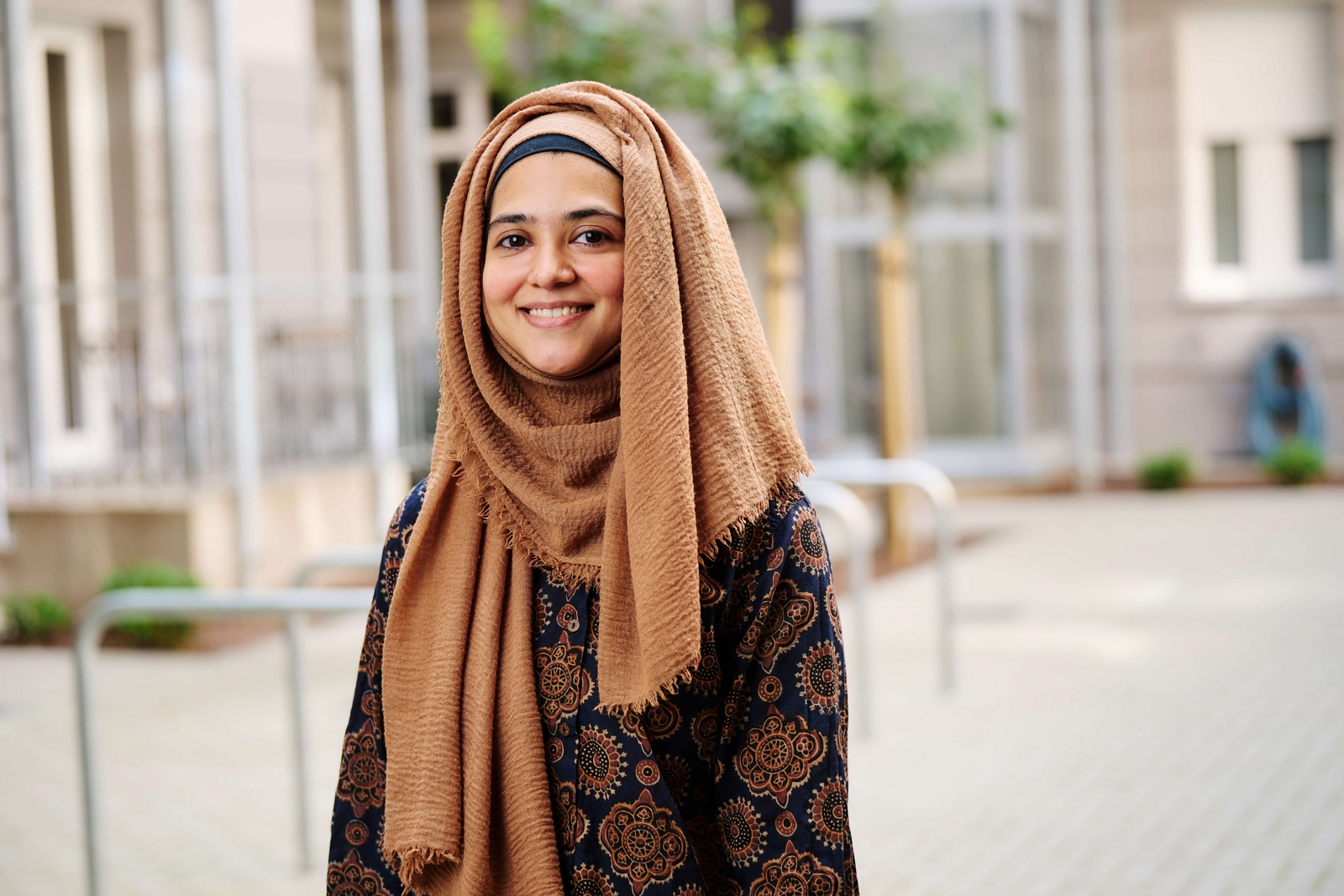
Global Health Research Manager & Knowledge Innovator, Advancing Impactful Research Dissemination
Meet the Scientific Advisory Board

Science Communication Researcher and Information Designer, Envisioning Equitable Engagement Between Knowledge Systems.

Co-chair of IPEN, a global network of public interest NGOs in over 130 countries. She is also a co-founder and Senior Advisor of Nexus3.
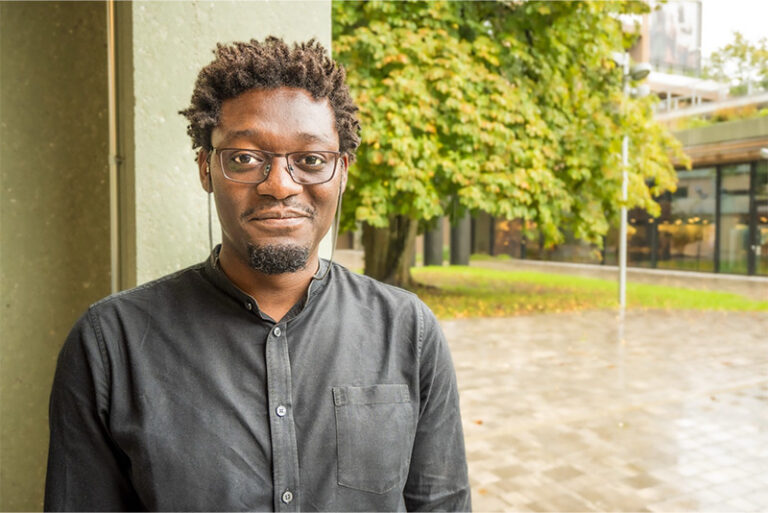
Associate professor at the School of Public Health, University of Sydney. His teaching and research focus on epistemic practices in health systems and global health.
Frequently Asked Questions
- We encourage submissions from researchers, civil society organizations, local collectives, NGOs, and community-based organizations from around the world, especially from the Global South.
We accept a variety of formats including research articles, multimedia, and tools that focus on sustainability and knowledge integration.
- Please visit the Submit Your Work section to access the submission platform.
- No, only completed works will be accepted.
All submissions will go through an initial eligibility check and then a peer-review process managed by the editorial team at SustainE.
Sponsor & Partner
Contact Us
- Questions? Feel free to reach out to our editorial team at editorial@sustaine.org for any inquiries about the submission process or the special issue.
- General Inquiries: hello@sustaine.org
Social Media Links: Follow us on Social Media for updates and announcements.
Additional Resources:



